In the last five years over 4,000 newcomers have moved to various communities in Northern Ontario. That is a great start, but only a start. Magnetic North is an action-oriented event where economic developers, immigration experts, and community leaders come together to take stock of our progress and set priorities for the next 12-18 months.
Sustainable, responsible, and necessary population growth is the shared goal of attendees at the bi-annual Magnetic North conference. Making Northern Ontario “magnetic” so people want to visit, study, move, and stay here. The Conference agenda is a balance between the topics of attraction, retention, and settlement.
The fifth Magnetic North Conference was a three day, in-person conference held at Science North, in Sudbury, Ontario on December 3-5, 2025. There was also be a pre-conference reception on the evening of Wednesday, December 3rd.
Event photos were captured by Leo Duquette of Media Concepts. You can view them by clicking the button below.
Featured Speakers and Panellists
Pre-Conference Reception
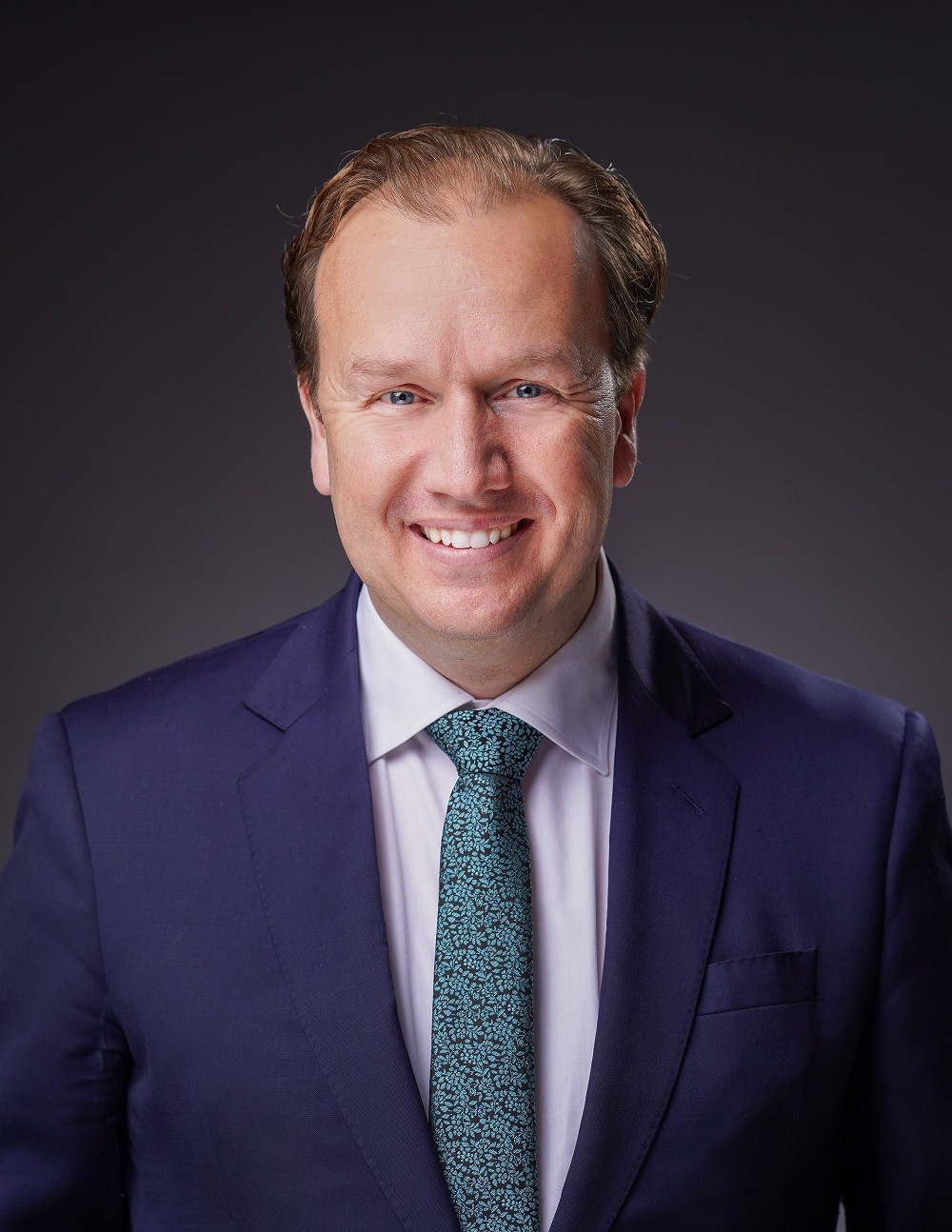
Paul Lefebvre was elected Mayor of Greater Sudbury on October 24, 2022, and assumed office on November 15, 2022. He serves as a member of the Greater Sudbury Police Services Board as well as the Greater Sudbury Development Corporation.
Paul was elected Member of Parliament for the riding of Sudbury in 2015 and served for six years, until 2021. During his time with the federal government, he sat on the Public Accounts and Official Languages Committees before being appointed Parliamentary Secretary for the Ministry of Natural Resources.
He is an accomplished tax lawyer, and dedicated time as counsel to the Ontario Human Rights Commission. He also taught international tax law at the University of Ottawa. He served as past chair of the Sudbury Community Foundation, and the 2011 Canadian Francophone games, and as past Vice-President of l'Association de la presse francophone, and past president of Centre de Santé Communautaire. He has served as the past president of the Sudbury District Law Association and United Way. A music and Theatre enthusiast, he is a founder, as well as past chair of the Jazz Sudbury Festival, and the past president of Théâtre du Nouvel-Ontario.
A local business owner, hockey coach and outdoor enthusiast, he is married to Dr. Lyne Giroux, a dermatologist, and together they have three children.
A Short History of Immigration in Northern Ontario
We've come a long way in immigration in the North. Hear from Cathy Woodbeck, Deborah Robertson and Monique Beaudoin on how the ecosystem has evolved since the 70s. We'll also get their takes on what has worked so far, and what may need to be fixed moving forward.

James has been involved in immigration since 2010 when the City of Temiskaming Shores began to participate in workforce attraction events to encourage people to move to Northern Ontario. After several years of mediocre success with attraction efforts, the City realized that retention and welcoming were as important to the process. James partnered with Keepers of the Circle, the Centre for Civic Religious Literacy, the Rural Development Network and the Religious Business Freedom Foundation to develop a business training program to assist businesses to better understand the needs of newcomers and how they can more easily integrate different cultures and religious practices into their operations. As a small community that felt underserviced by federal and provincial immigration programs, the City created a partnership with a local not for profit, the One Light Diversity Centre to offer welcoming and settlement services within the community and surrounding area. The program has been successful in retaining people in the community and growing the number of cultures represented in the region.

Cathy Woodbeck is the Executive Director of the Thunder Bay Multicultural Association, having led the organization for the past 31 years. A graduate of Lakehead University (MA 1993), and lifelong resident of the region, she is a former municipal councilor for Conmee Township. With her extensive experience in the Immigrant Settlement and Language Sector, she has been represented the North, small centres and remote locations in various working groups and provincial and national committees and councils. She participated in the development of the small centre tool box for communities and also the anti-racism project “Developing Diversity in Policing” with the Thunder Bay Police Service. Cathy provides mentorship and training to agencies and organizations on issues of Immigration, Settlement service delivery, Building Welcoming Communities and Working Effectively with Interpreters. She often represents the North at Federal and Provincial discussions on serving small, remote and northern communities, settlement of newcomers across the North, language acquisition, small center strategies for building welcoming communities and issues of institutional change with respect to diversity.

Monique Beaudoin has been working at the Greater Sudbury Community Health Centre (GSCHC) since 2006. In her role, Monique has worn many hats and led various community projects, including initiatives on poverty and its impact on health; art and its impact on health; the health rights of the LGBTQ community; and the social integration of Francophone newcomers. She has been the Settlement Services and CFA Sudbury Coordinator since December 2024.
After completing her studies, she worked in Latin America for 12 years as a human rights observer. This experience was transformative, giving her the opportunity to see and carry out this work in a context of war, colonialism and fierce struggle for dignity and self-determination. It is an experience that still guides her every day.
Monique has served on numerous boards of directors over the years. In 2019, she was awarded the Horace Viau Award for her community involvement.
A native of Mattawa, she comes from a large extended family, has three daughters, a grandson and a cat, and is passionate about community arts, forest walks and travel.
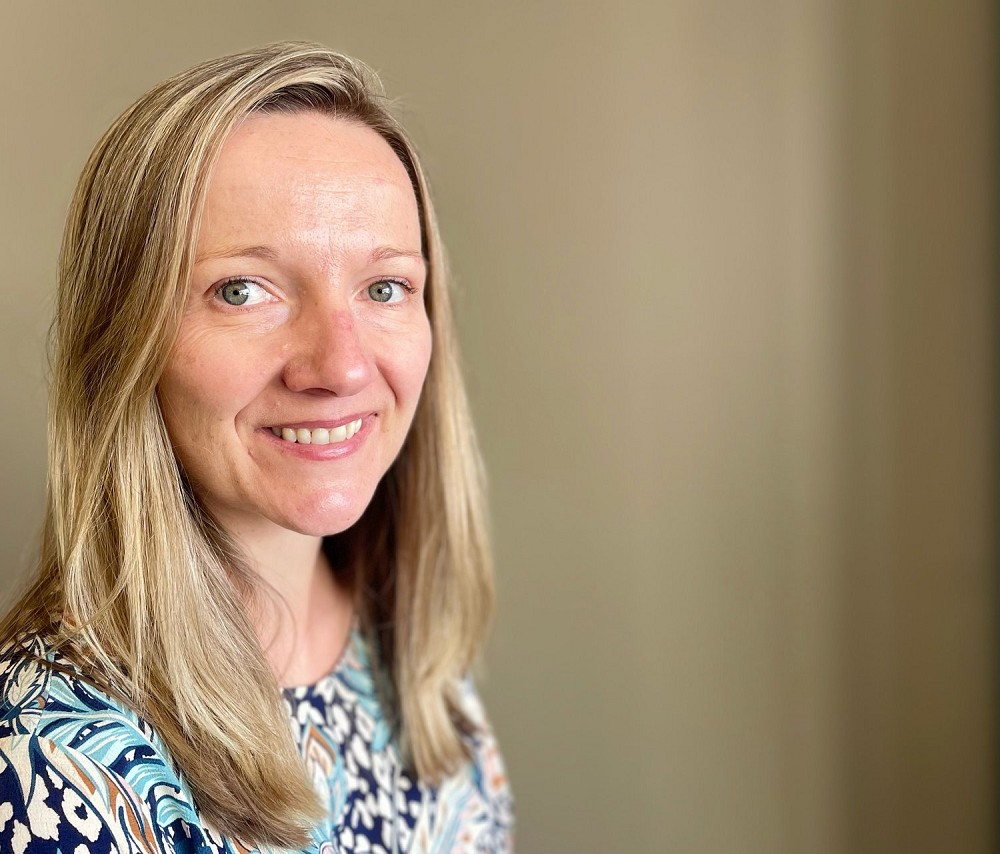
Deborah Robertson has over 17 years of experience in the sector, having begun her career in settlement after immigrating to northern Ontario from London, England in 2008. As Executive Director of the Northeastern Ontario Multicultural Centre, Deborah ensures the unique needs of smaller, more rural centres are at the forefront of her advocacy work for equitable access to services for all.
Deborah has served as the Northern Regional Director of the Ontario Council of Agencies Serving Immigrants (OCASI) for five years, during which time she has sat on various committees including the Membership Services Committee, Policy and Research Committee, Governance Committee and the Leadership Forum Steering Committee. Most recently NEOMC has entered a partnership with OCASI to pilot an Anti-Racism Anti-Oppression Policy Toolkit to provide guidance to organizations committed to advancing equity, social justice, anti-racism and anti-oppression within the immigrant serving sector.
Deborah also serves as the Co-chair of the Local Immigration Partnerships in both Timmins and North Bay. She is honoured to serve as the Chair for her local Literacy and Basic Skills agency for over a decade. Deborah is currently pursuing a certificate in Non-Profit Management from the Simon Fraser University in BC.
A look at the Evidence about Effective Retention
We're making inroads getting newcomers to the North, but how well are we doing to keep them here? Hear from experts in the field on different studies being done on migration and retention.
Presentations:
Slides - Maciej Karpinski - Mobilité interprovinciale des immigrants francophones
Slides - Maysa Husseini - Environics Research - Resident Integration and Belonging in Thunder Bay
Slides - Dr. Natalya Brown - Retention of Post-Secondary Graduates: Why Do Northern Ontario Cities Struggle? - Forthcoming

Sean Halliday has been working in the community development field of “welcoming communities ” to support immigrant attraction and retention since 2015. Prior to this, he was a researcher, information systems specialist and a policy advisor in the early childhood development field.
Sean is a Regulated Canadian Immigration Consultant, in good standing with the College of Immigration and Citizenship Consultants, as well as an intercultural competency trainer, immigration researcher and a welcoming community developer.
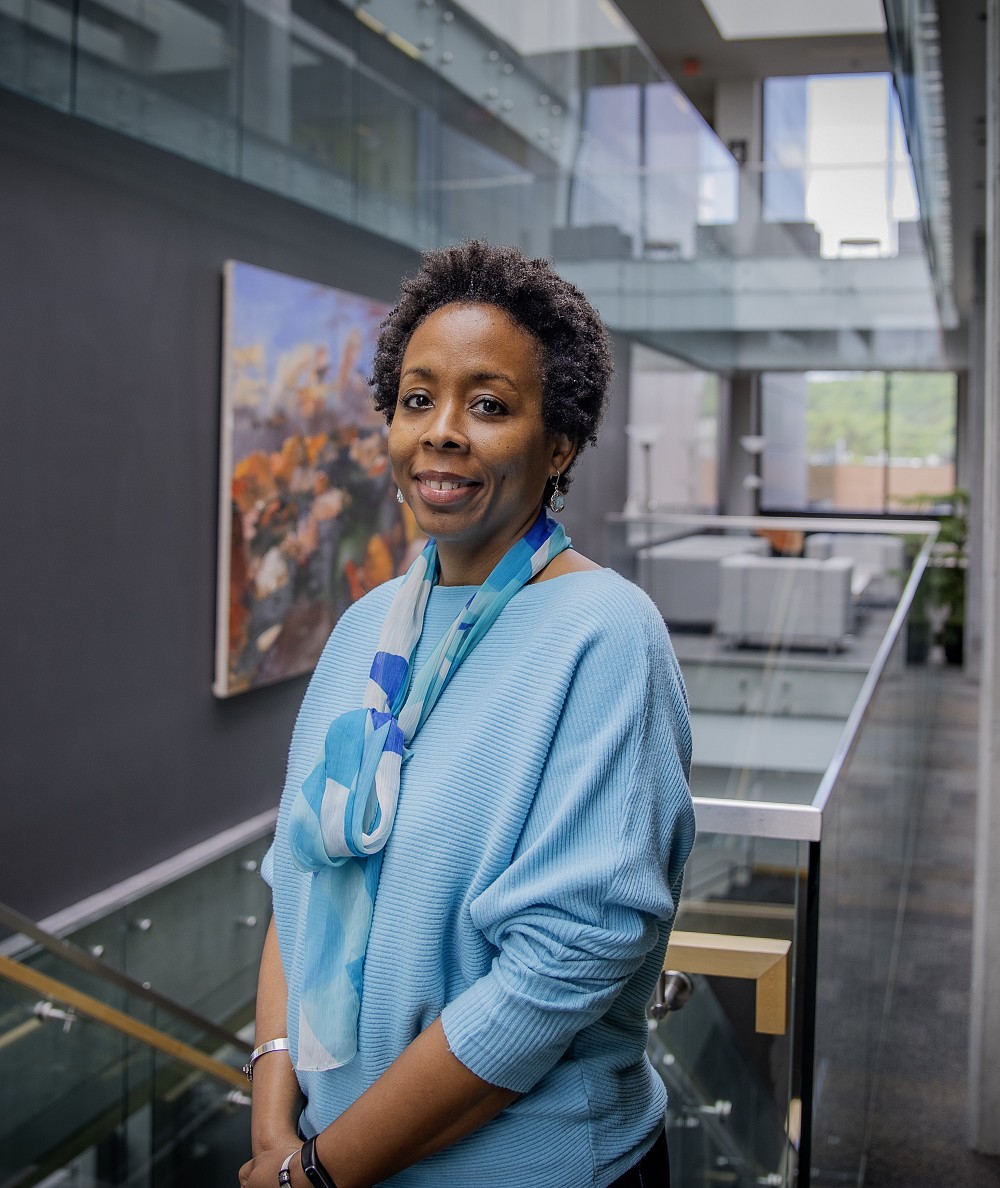
Dr. Natalya Brown is an Associate Professor in the School of Business and the Department of Political Science, Philosophy and Economics at Nipissing University. She is the Chair of Pathways to Prosperity's Standing Committee on Immigration to Northern, Rural and Remote Communities, a member of the Canadian Philanthropy Partnership Research Network's Ontario Hub, and a founding member of the Consortium of Rural and Northern Philanthropy. Her research focuses on the integration of newcomers to small and rural communities in Canada, particularly in the areas of housing, labour, and sport.

Maciej Karpinski holds a Ph.D in Law from the University of Ottawa where he explored ways in which individuals internalize concepts of fairness and whether this then has an effect on creative problem solving. Maciej is currently an Assistant Director of Research in the Research and Knowledge Mobilisation Division at Immigration, Refugees and Citizenship Canada. As the Assistant Director, he manages multiple complex files, including research related to the socio-economic outcomes of immigrants in official language minority communities. Maciej has also had the opportunity to work on numerous other government research initiatives including the Justice Data Modernization Initiative, Canada's State of the Criminal Justice System, the pre-inquiry on missing and murdered indigenous women and girls, and human rights and national security.

Maysa is a Senior Researcher at Environics Research, specializing in public opinion research for municipal, provincial, and federal governments, as well as non-profit organizations. Her parents immigrated to Canada in the 1970s, giving her a nuanced perspective of diverse cultures and communities and enabling her to recognize and address assumptions and cultural subtleties that shape research on issues such as healthcare accessibility and social isolation.
Most recently, Maysa led a multi-phased Welcoming Communities Analysis for the City of Thunder Bay, the CEDC, and the Thunder Bay Multicultural Association. This project included consultations with municipal decision-makers, service providers, and community organizations, culminating in a series of in-depth focus groups with newcomers themselves. The work explored key drivers and barriers related to integration, belonging, and newcomer retention in the city.
Maysa is based in Ottawa and holds a degree in Communications, Politics, and Persuasion from Carleton University, where her final research examined the history and role of “small talk” in Canadian communities.
Spotlight Talks
Hear from employers and newcomers about their successes and learning moments as they navigate the immigration system. We'll hear about what has worked, what hasn't and their suggestions on what to work towards next.
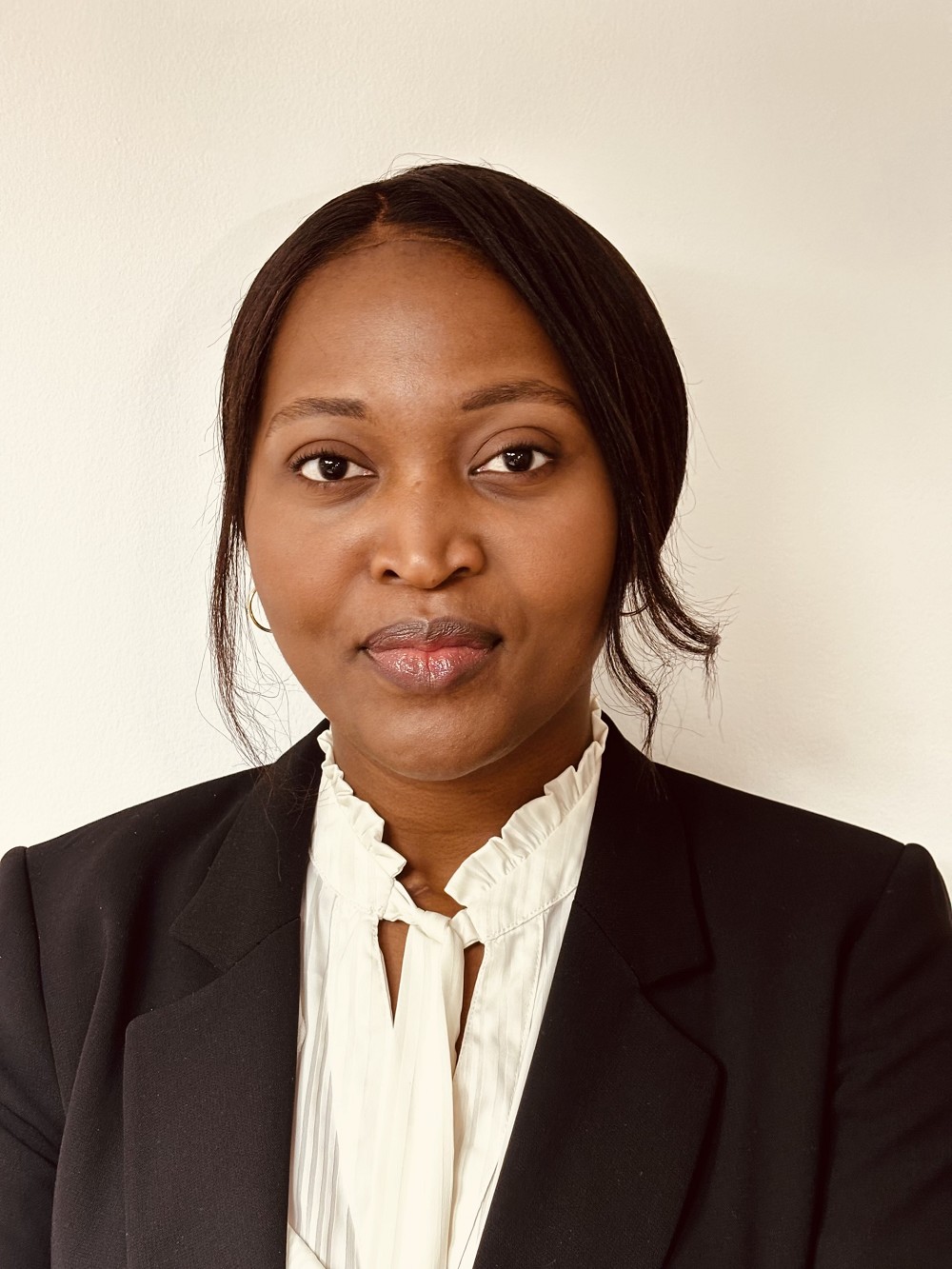
Vanessa Ilunga is the Francophone Immigration Project Lead at Talent Beyond Boundaries, a global non-profit organization advancing refugee labour mobility. In this role, Vanessa drives francophone mobility projects across Canada, connecting skilled displaced talent with Canadian employers. Vanessa is recognized for her collaborative approach, adaptability, and commitment to inclusive economic pathways.
Prior to joining TBB, Vanessa gained over eight years' experience as a bilingual project lead spanning nonprofit and government sectors, Vanessa specializes in cross-sector program management, stakeholder engagement, and policy-informed project delivery. She has led international trade initiatives, coordinated national member services.
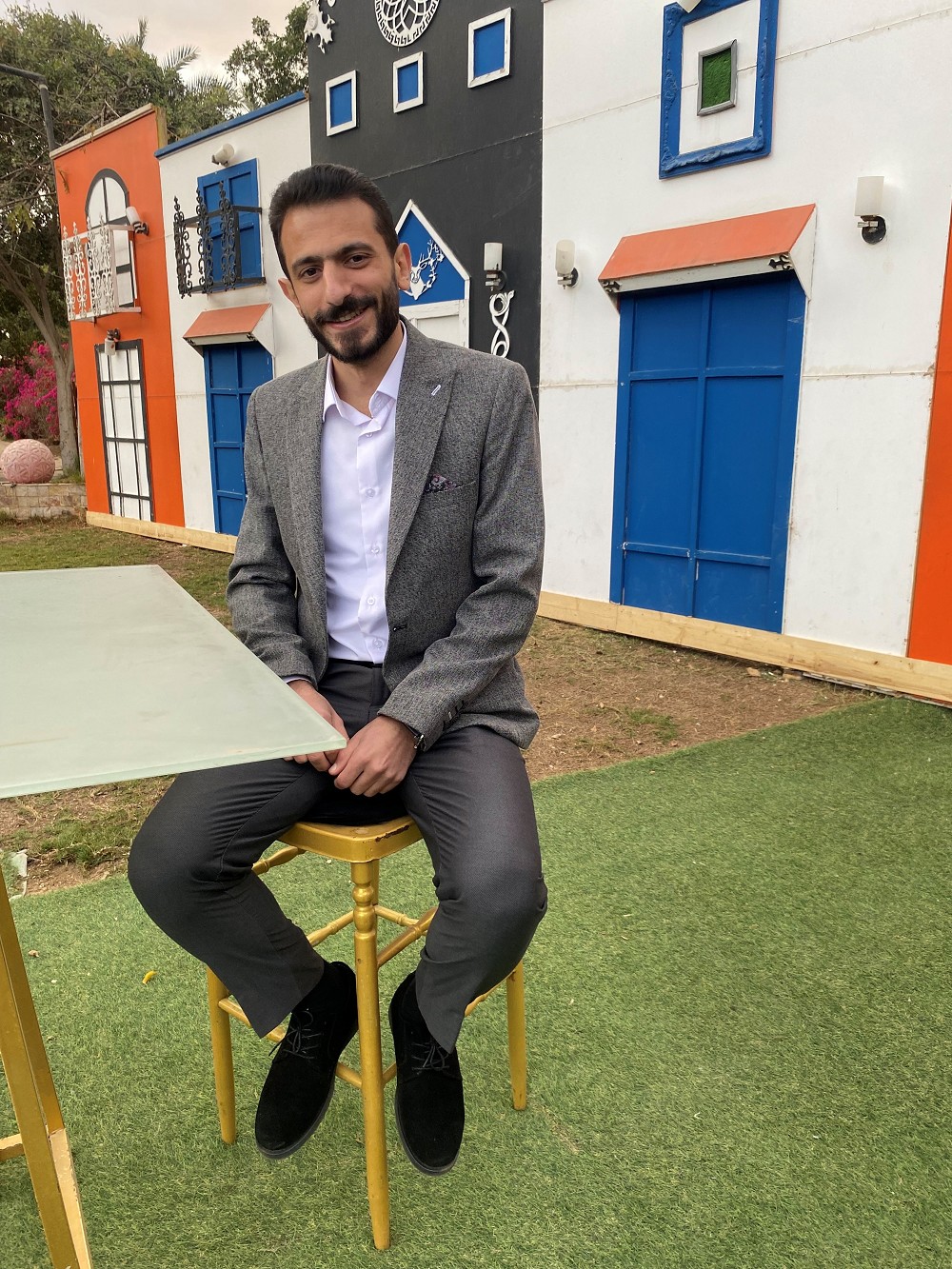
Moaed Alshallah holds a bachelor degree in nursing science from Cairo University-Egypt, and has previous experience in the intensive care field, working now as a personal support worker at St Joseph care group bringing his previous experience and knowledge to his current position.

Todd Nadon is a northern Ontario business leader, entrepreneur, and community advocate recognized for his commitment to strengthening food security, economic development, and sustainable growth across remote northern regions. He is the President and co-owner of Fresh Market Foods in Sioux Lookout, a full-service grocery hub that supplies local residents as well as more than two dozen remote First Nations and northern communities.
Under Todd's leadership, Fresh Market Foods has expanded its role as a critical lifeline for the North—investing in sustainable infrastructure such as geothermal energy systems, modernizing in-store production to improve affordability and freshness, and enhancing transparency in northern freight and subsidy programs. His collaborative approach has led to long-term partnerships that deliver essential goods, including affordable produce, to remote communities where reliable food access remains a challenge.
Todd maintains business interests and active partnerships with several First Nations organizations, focusing on initiatives that create sustainable economic benefits for northern communities. These collaborations support improved supply chains, capacity building, and community-driven development—reflecting his belief that strong northern economies must be built alongside Indigenous partners, not for them.
Recognized for his community-centered business philosophy, Todd has contributed his expertise at the national level, including presenting before the House of Commons Standing Committee on Indigenous and Northern Affairs, where he outlined practical solutions to reduce costs, improve northern logistics, and strengthen partnerships with First Nations communities. Locally, Todd supports food banks through regular donations and has been acknowledged for initiatives that reduce waste and increase community food access.
As an employer, Todd is known for supporting a diverse workforce, including many international workers to whom he provides subsidized housing to help them establish stable lives in Sioux Lookout. His commitment to employee well-being, operational transparency, and sustainable growth has made Fresh Market Foods a cornerstone of the region.
In addition to Fresh Market Foods, Todd co-owns Your Dollar Store With More, further contributing to the retail and economic landscape of Sioux Lookout.
With a focus on integrity, innovation, and long-term partnership, Todd Nadon continues to champion initiatives that sustainably strengthen Sioux Lookout and the northern First Nations communities that rely on it.

Jingjing Yang is the founder and president of the Northern Ontario Excellent Chinese Cultural Federation, a diverse, volunteer-driven organization that supports Chinese newcomers, students, and families across Northern Ontario while fostering collaboration in areas such as arts, trade, culture, and community development. She previously pursued Early Childhood Education at Cambrian College and is currently advancing her training through a Montessori program. An engaged community organizer, Jingjing actively facilitates newcomer access to education, employment, community support, and immigration resources. She is committed to strengthening connections between Northern Ontario and China through cultural exchange, entrepreneurship, and strategic collaboration with local institutions to foster mutual understanding, build trust, reduce barriers, and lay the groundwork for comprehensive long-term cooperation.
Immigration Programs 101
Need to find out the most up-to-date information one immigration programs currently available in Canada ? This panel welcomes representatives from Immigration, Refugees, and Citizenship Canada, as well as the Ontario Immigrant Nominee Program to explain the existing pathways for people interested in coming to live and work in Canada.
Presentations:
Slides - Scott Felman - RCIP FCIP 101
Slides - Mourad Zahri - Available upon request
Slides - Lynne Woodley - Please consult OINP for the latest information

Bringing the warmth of the Caribbean, hailing from Trinidad and Tobago is Darion Phillips who possesses an indefatigable passion for Public Policy, Economic Development and Political Discourse. His life in Thunder Bay commenced roughly four years ago to study at Lakehead University where he completed an Honours Bachelor of Arts majoring both in Economics and Political Science. His research interests include International Trade, the Global Political Economy, International Finance and Transportation Economics. At NPI Darion serves as Policy Analyst, Transportation. His current focus is exploring was to provide sustainable, efficient, and feasible alternatives to Winter Roads. In his spare time, he enjoys reading and writing editorials, having an enjoyable time with friends and family, and advancing black empowerment and engagement initiatives within his community.

Scott began his career in public service in 2012 with Immigration, Refugees and Citizenship Canada (IRCC) and has remained dedicated to the department ever since. Over the past 13 years, he has built a diverse portfolio of experience, holding positions such as Program Support Officer, Citizenship and Immigration Case Processing Agent, Service Delivery Specialist, Supervisor, and now serving as a Senior Policy and Program Advisor.
In his current role, Scott plays a pivotal part in ensuring that Canada's Rural and Francophone Community Immigration Pilots are effectively managed to meet the labour market needs of participating communities. Previously, he actively collaborated with community partners and stakeholders to support the Rural and Northern Immigration Pilot (RNIP), strengthening pathways for newcomers to contribute to local economies.
Scott's work reflects his commitment to fostering an immigration system that not only supports Canada's economic prosperity but also ensures that the benefits of immigration are shared across communities nationwide. His leadership and vision continue to shape policies that connect newcomers with opportunities while addressing regional workforce needs.

Lynne is a recognized bilingual marketing-communications professional, with extensive experience in the public and private sectors, and leading marketing communications agencies.
Government experience includes: supporting the Premier's Office in coordinating the government's communications priorities, led the International and Domestic Marketing Campaigns for the Ministry of Economic Development, Job Creation and Trade, taking a delegation abroad to market Ontario's businesses and talents internationally under the Ontario-Canada brand.
As Senior Marketing Advisor in the Ministry of Labour, Immigration, Training and Skills Development, Lynne facilitated the development, implementation and roll-out of the new OINP Employer Portal and works closely with Ontario employers and stakeholders to navigate immigration programs.
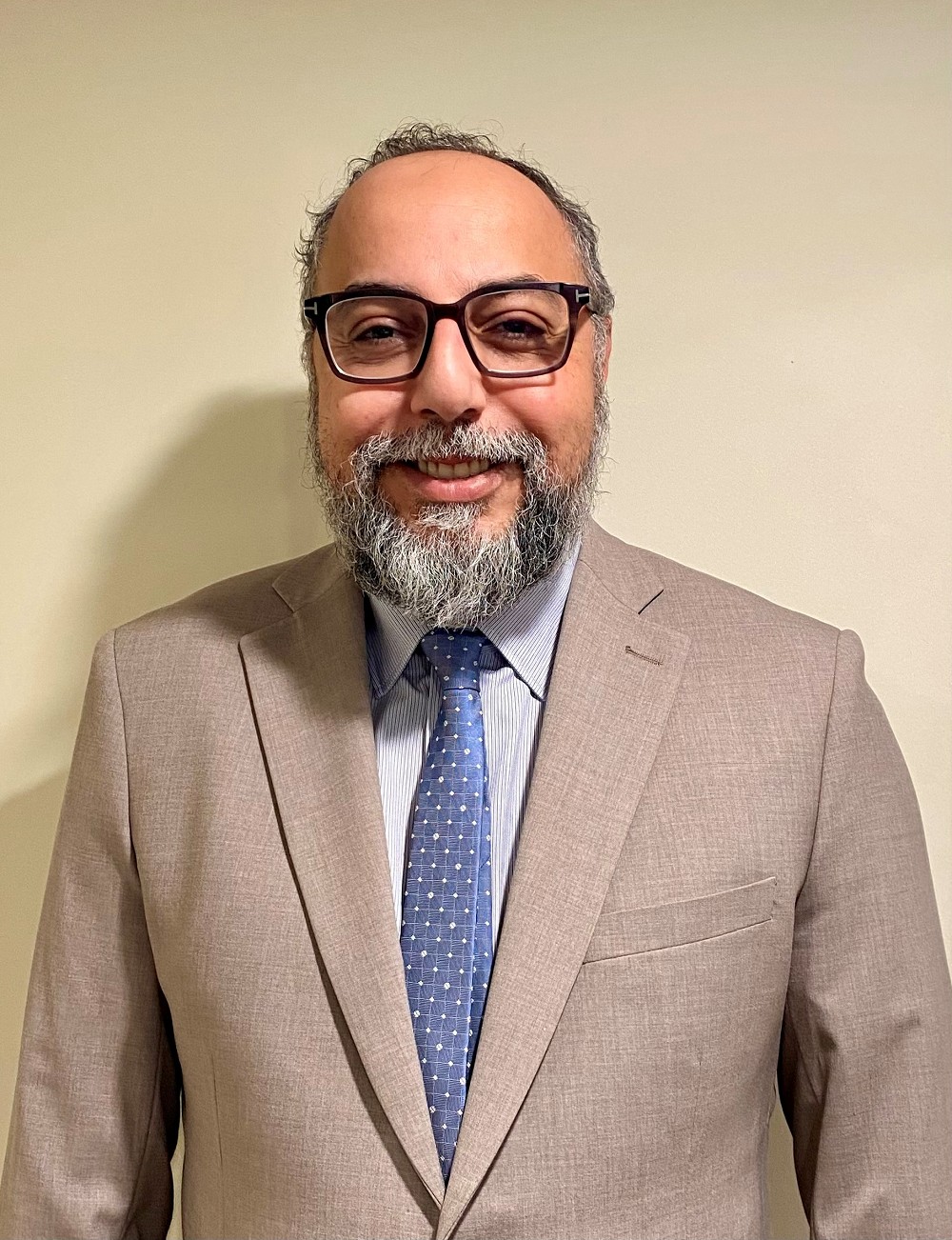
Mourad Zahri is a Senior Policy and Program Advisor at Immigration, Refugees and Citizenship Canada (IRCC) and is responsible for promoting Francophone immigration to various stakeholders in Canada. Part of his role involves providing support to employers who need to recruit foreign workers as well as support to key partners in Francophone minority communities. Prior to this, Mourad was a Senior Migration Officer for 13 years with experience in study and work permit programs, and permanent residence at missions abroad and in Canada.
Immigration Pilot Programs
We've invited the coordinators and representatives of the various Rural Community Immigration Pilots, Francophone Community Immigration Pilots, and Recrute Nord to come and share their experiences and lessons learned from the pilot programs after one year of activity.
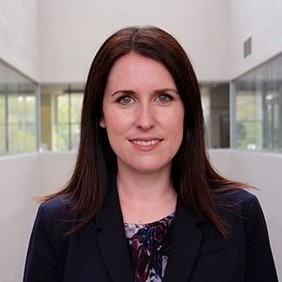
Dr. Heather Hall is one of the leading scholars on innovation and economic development in rural and northern regions in Canada. She grew up in Northern Ontario and has a professional and personal interest in researching issues that are important to the North, including: the impacts of new technologies in the mining sector; the community impacts of large-scale industrial projects; and innovation and economic development policy, planning and practice. Her work has been recognized nationally and internationally, and has informed government policy in Canada, Northern Ontario, Newfoundland and Labrador, and Sweden. Dr. Hall is the co-lead of the University of the Arctic's Thematic Network on the Commercialization of Science and Technology for the North. She is also the lead researcher for Remote Controlled, a national project exploring the impacts of new technologies in the mining sector.
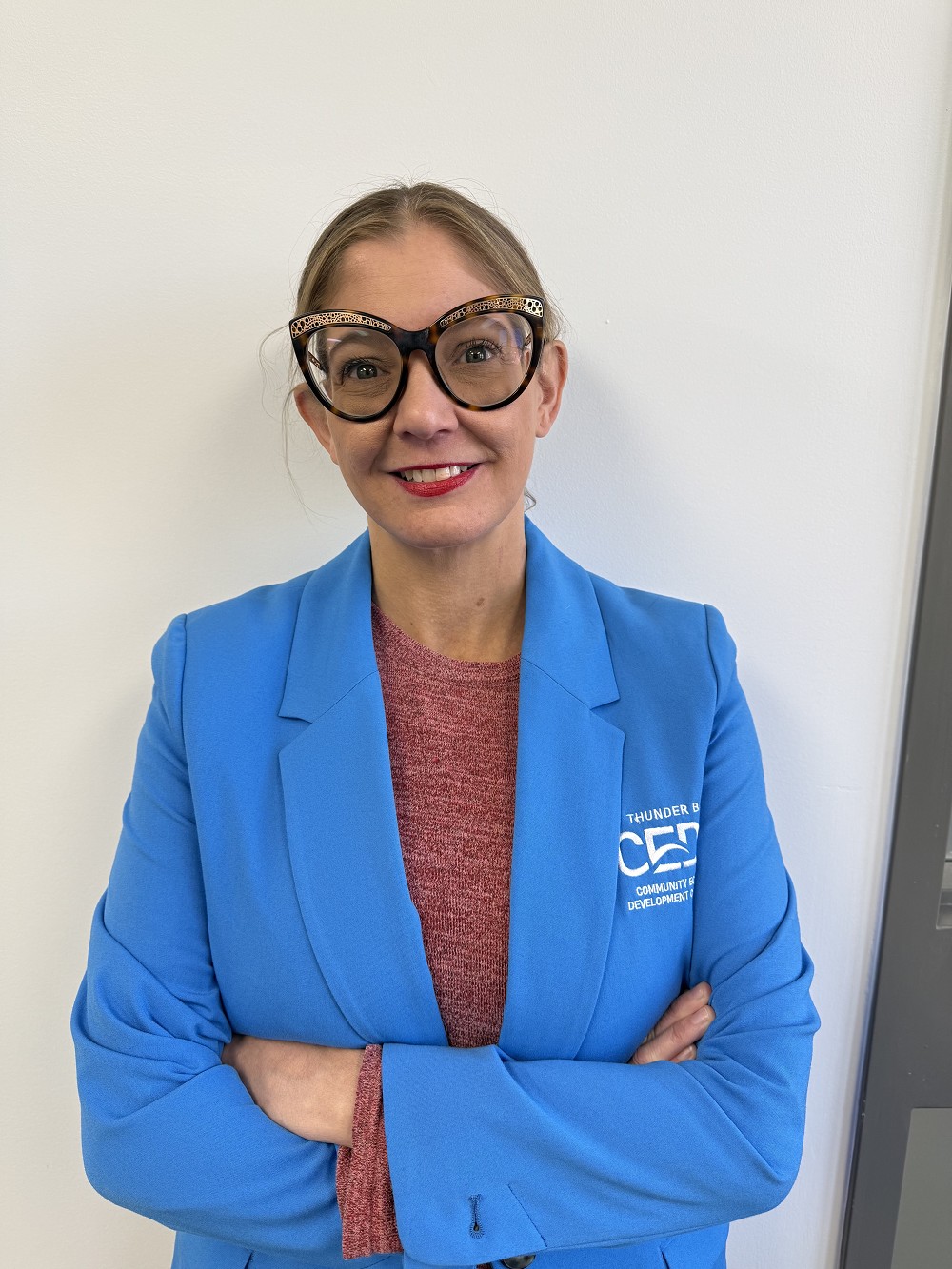
Stacey Platt is a Workforce Development Officer at the CEDC, overseeing the Rural Community Immigration Pilot for the Thunder Bay CMA. Previously, Stacey was the Coordinator of the Rural & Northern Community Immigration Pilot for Thunder Bay and Area.
Stacey brings a wealth of knowledge regarding immigration pathways from her time spent as the Local Immigration Partnership Coordinator with Thunder Bay Multicultural Association.
Previously, Stacey worked at the University of Toronto for 15 years, and enjoyed enriching roles such as being the International Student Recruitment Officer for the faculty of arts and sciences. In that role Stacey traveled throughout China, South Korea, Mexico and the United Stats- meeting with students and high school guidance counsellors to recruit a diverse student body to U of T, during which time she achieved her certification as a Registered Immigration Consultant of Canada
Since moving to Thunder Bay in 2017, Stacey has fallen in love with the lifestyle our great area has to offer and does her best to assist our local employers as they seek to grow and develop our workforce.
Stacey also LOVES the food scene in Thunder Bay and spreads the word about the area to anyone who will listen!
Stacey is very pleased to again be participating on a panel for Magnetic North!
Natalie Scherbak is a Business Development Officer for Workforce within the Economic Development division of the City of Greater Sudbury. With over 12 years of service to the municipality, Natalie has spent the past seven years contributing to the city's growth and prosperity through various roles in Economic Development. A proud Franco-Ontarian, she was born and raised in Sudbury and brings a deep understanding of the community's unique strengths and opportunities to her work. Natalie is especially passionate about fostering workforce development through strategic immigration pathways and considers the opportunity to welcome newcomers to the community the most rewarding aspects of her role.
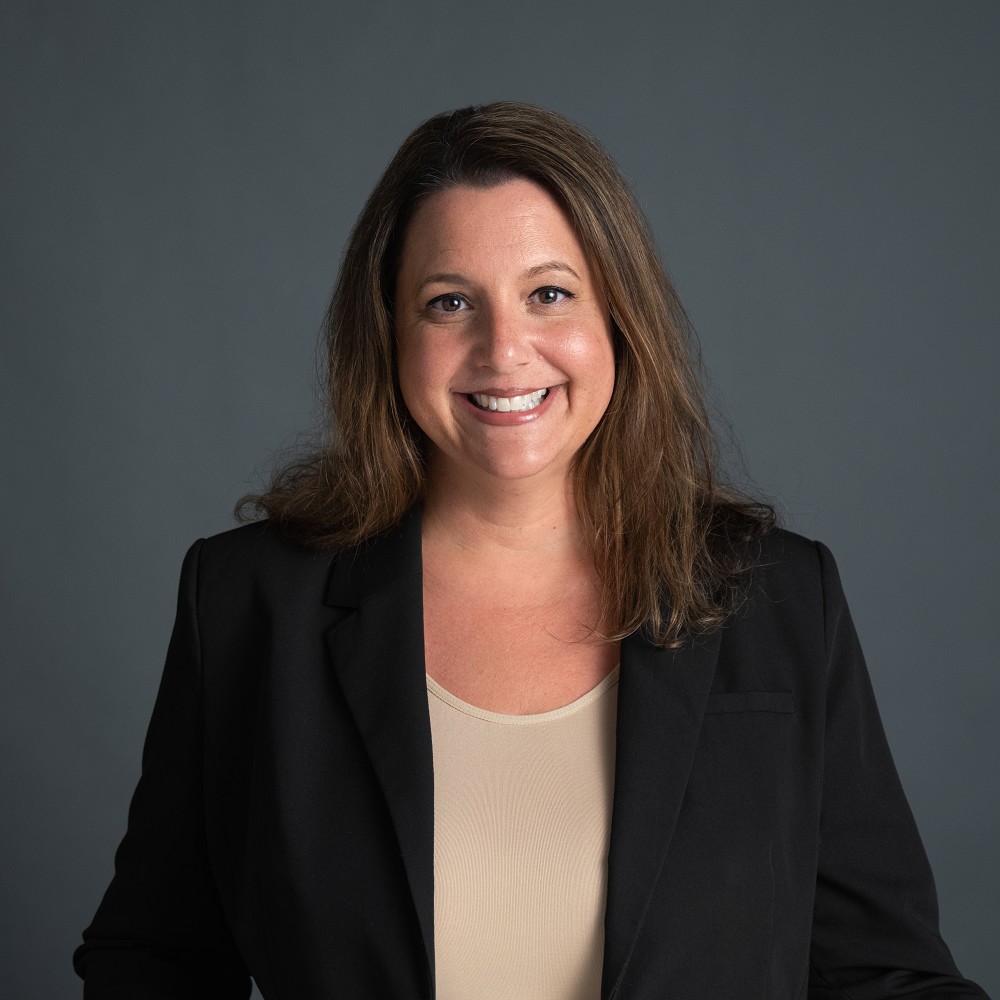
A lifelong resident of North Bay with experience in both the private and public sectors, Donna Backer is currently the Chief Executive Officer (CEO) of the North Bay & District Chamber of Commerce (NBDCC). Prior to her time at the NBDCC, Donna was a senior account manager with TWG Communications and Executive Assistant to MPPs Mike Harris and Al McDonald.
As a member-driven organization that represents the interests of business, NBDCC helps build a strong business climate through advocacy, networking, information sharing and member programs. NBDCC is the only organization that serves ALL business types, sectors and sizes and is the voice that can effectively speak louder than one business alone.
Donna is dedicated to advancing the organization's growth by forging strong partnerships, collaborating with key stakeholders and community leaders, and advocating for business interests at all levels of government.
NBDCC is pleased to deliver of the Rural Community Immigration Pilot to North Bay and Area. The boundary is quite large and covers the communities in the districts of Nipissing and Parry Sound and north to Latchford.
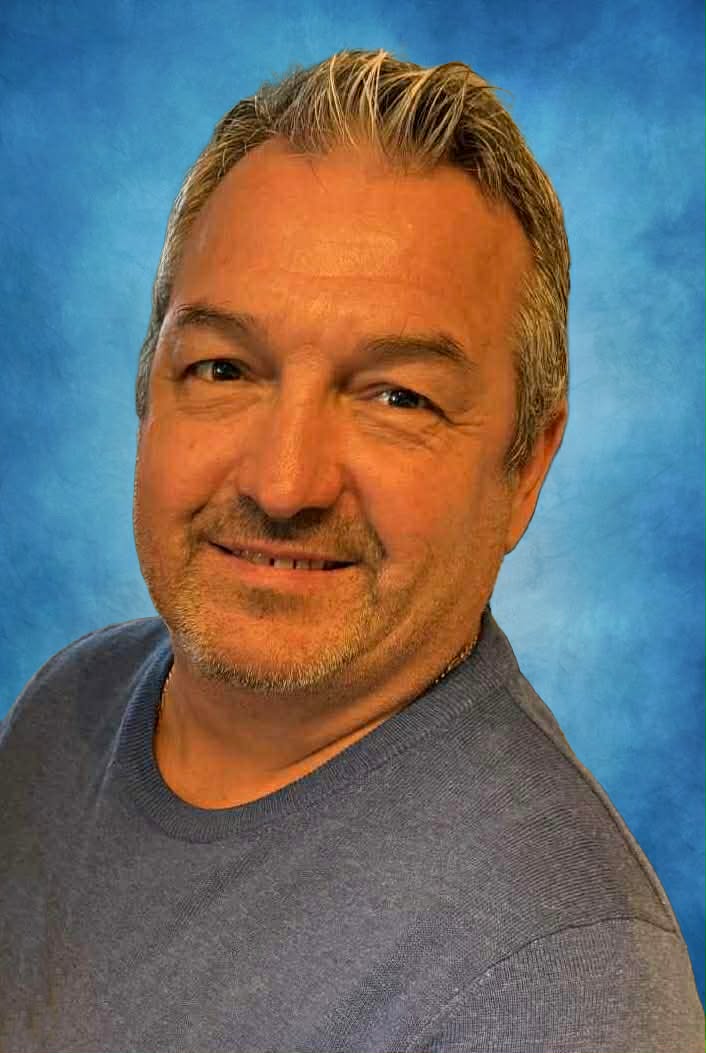
Stephen Dufour is the Project Coordinator for the Francophone Community Immigration Pilot with Superior East CFDC, where he works with employers and community partners to support workforce stability, economic growth, and regional development. With over 20 years of experience across employment services, government, mining and industry, and media marketing, Stephen brings a strong, practical understanding of Northern Ontario's workforce needs.
Stephen has led labor adjustment and workforce initiatives supporting more than 400 displaced workers and contributed to the development of skills training programs connecting forestry and mining sectors. A former Account Manager with Bell Media (CTV Sault Ste. Marie), he led high-profile regional campaigns and has been recognized with multiple awards for professional excellence and community service. Outside of work, he is an active community volunteer, long-time hockey coach, and outdoor enthusiast.
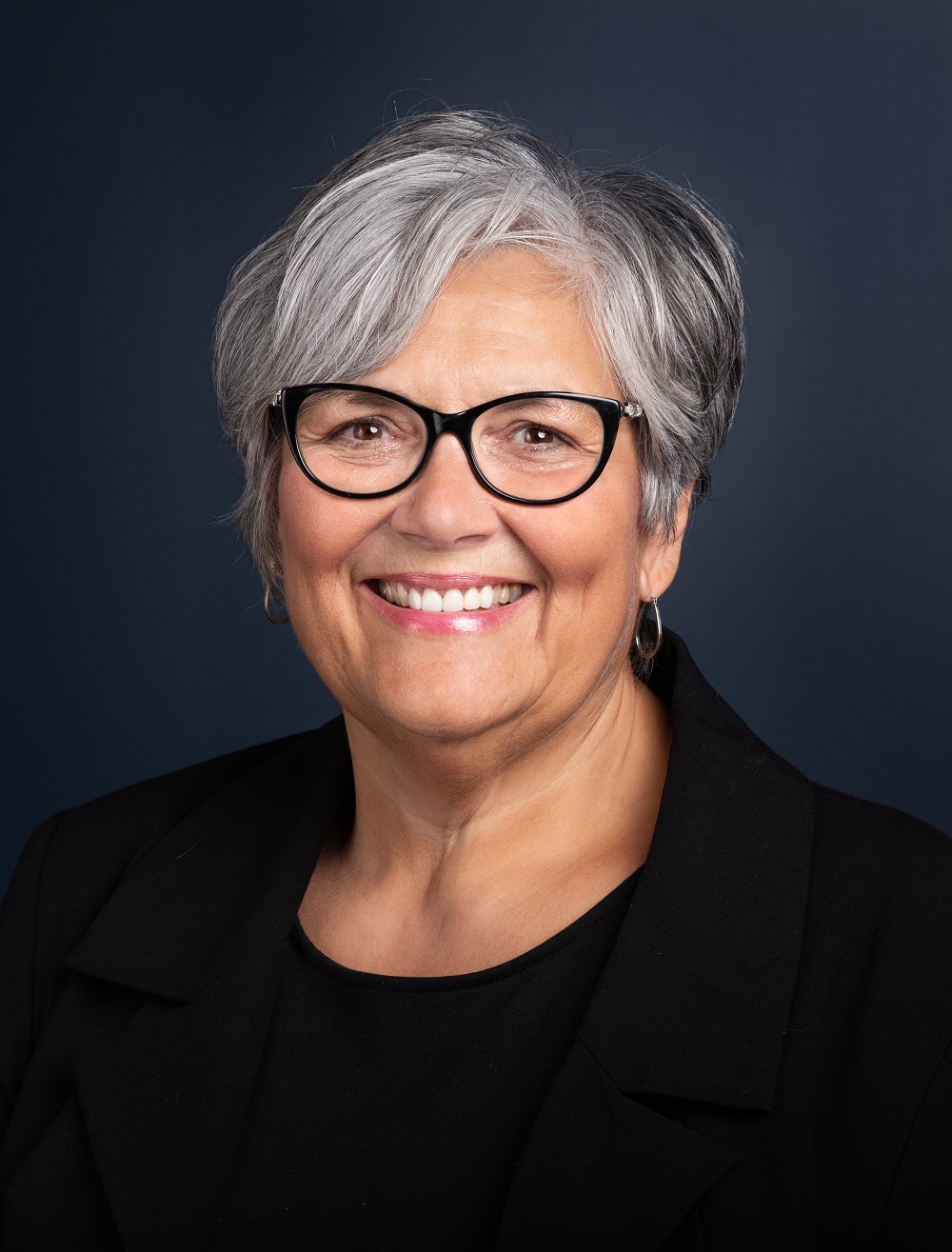
Noella Rinaldo is the Director of Timmins Community Economic Development, bringing more than 30 years of experience in business, leadership, and community engagement. A lifelong advocate for local growth, she spent 25 years as an entrepreneur in the retail sector, gaining firsthand insight into the challenges and opportunities facing small business owners in Northern Ontario.
Noella served over a decade as Director of the Timmins Business Improvement Association (BIA), where she led downtown revitalization initiatives and business support programs. She also dedicated 10 years as a Timmins City Councillor, contributing to policies that fostered economic and community development.
Actively involved in numerous boards and committees, Noella has worked closely with many non-profit organizations, leveraging her expertise to strengthen partnerships and community programs. For the past five years, she has been a key part of the city's economic development team, where her deep knowledge of the workforce and local economy continues to shape strategies for sustainable growth.
Passionate about collaboration, innovation, and community building, Noella remains committed to advancing opportunities that enhance the quality of life and economic vitality of Timmins.
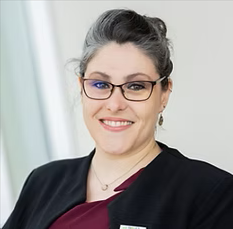
Trained as an intercultural mediator, Stéphanie Cotnoir specializes in fostering intercultural connections within the labor market. She applies her expertise to support economic development and the professional inclusion of Francophones in Ontario, working with both employers and newcomers.
Active with the Société Économique de l'Ontario (SÉO) since 2019, Stéphanie initially worked as an employment counselor for four years, assisting hundreds of bilingual job seekers and employers. For the past two years, she has served as the coordinator of Recrute Nord, a flagship SÉO initiative aimed at addressing labor shortages in Northern Ontario by offering a turnkey recruitment solution for local employers seeking Francophone immigrant workers.
Based in Northern Ontario, Stéphanie is deeply engaged—through SÉO—in a collaborative approach to building lasting bridges between diverse talent and workplaces, thereby contributing to the economic vitality of the region's Francophone community.
Magnetic North 2025 is presented by
 |
 |
 |
Previous Conferences
After hosting two Come North Conferences in February 2020, it became clear that there is an abundance of work being done to welcome newcomers and retain the existing population. Welcoming community efforts, asset inventories, anti-racism and reconciliation supports can be found in every region of northern Ontario. Connection, coordination, and communication across Ontario's northern regions is needed to maximize these efforts. Adequate resources must be dedicated to carry out the collective goals established at the Come North Conferences, which emphasizes the need for the formal Magnetic North initiative.
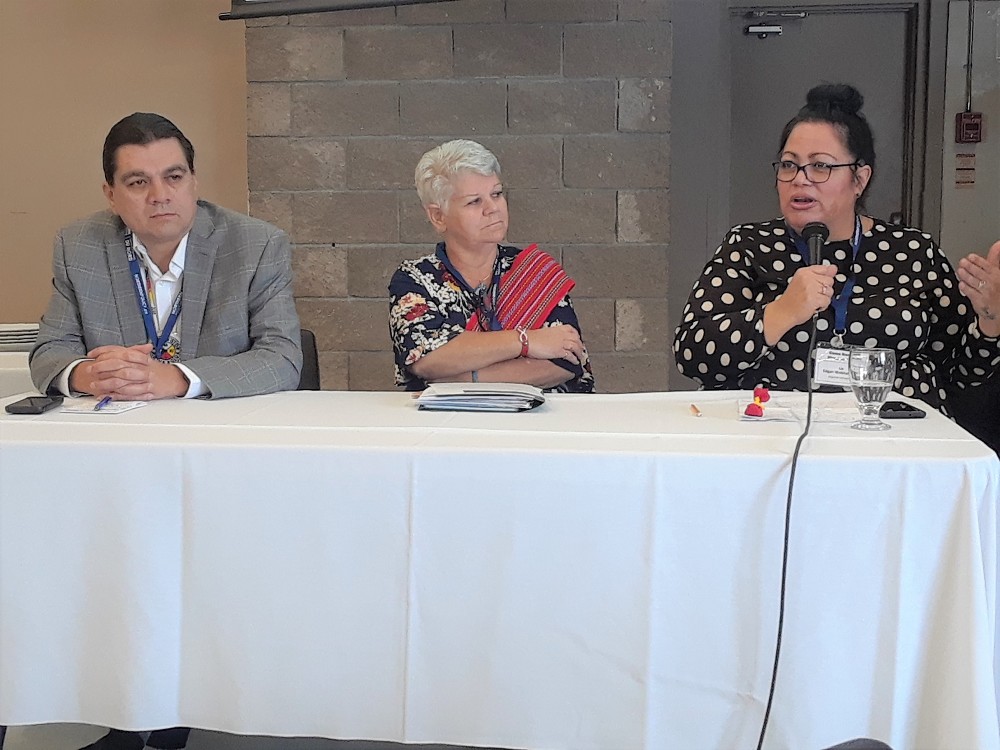 |
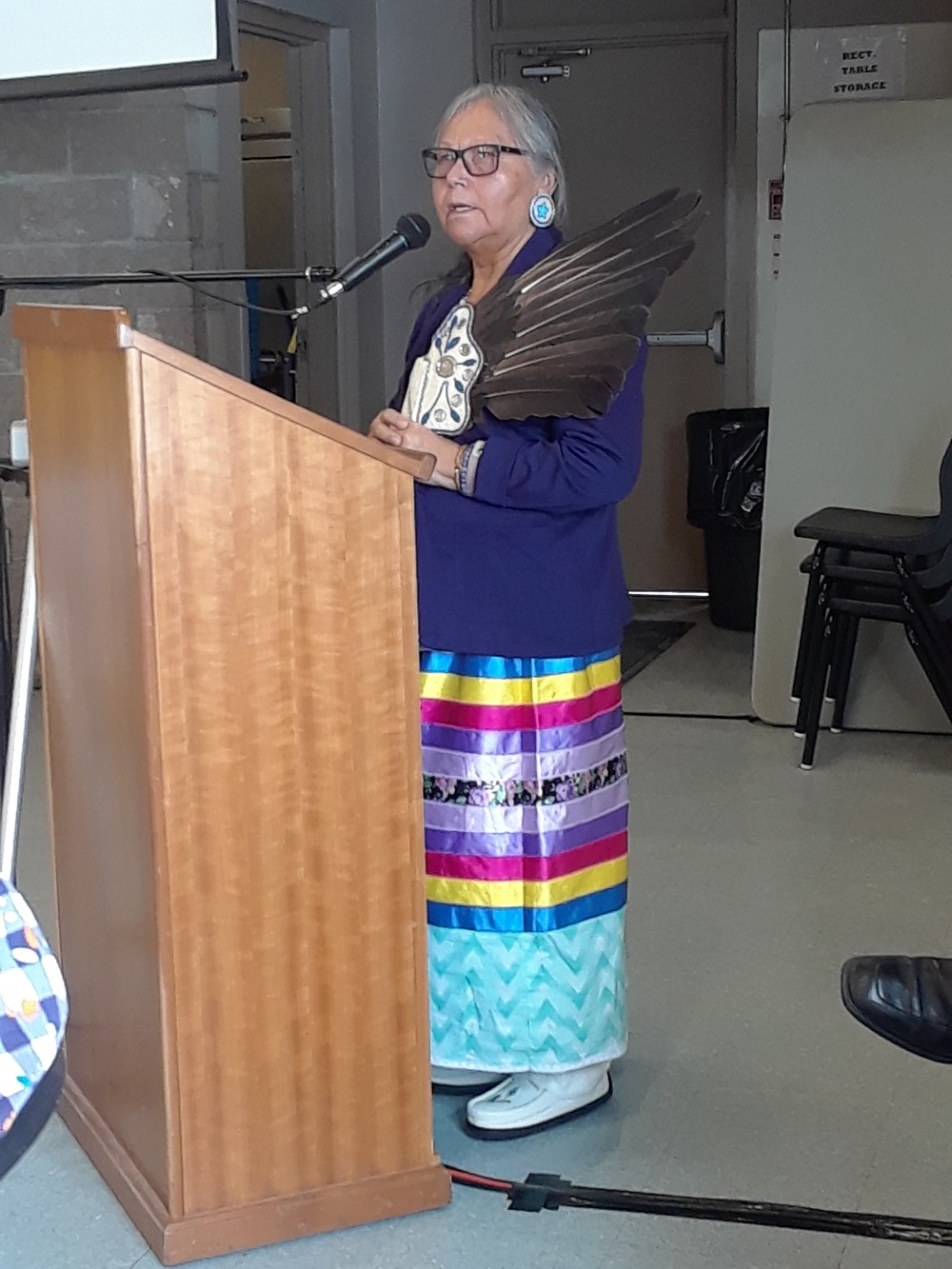 |
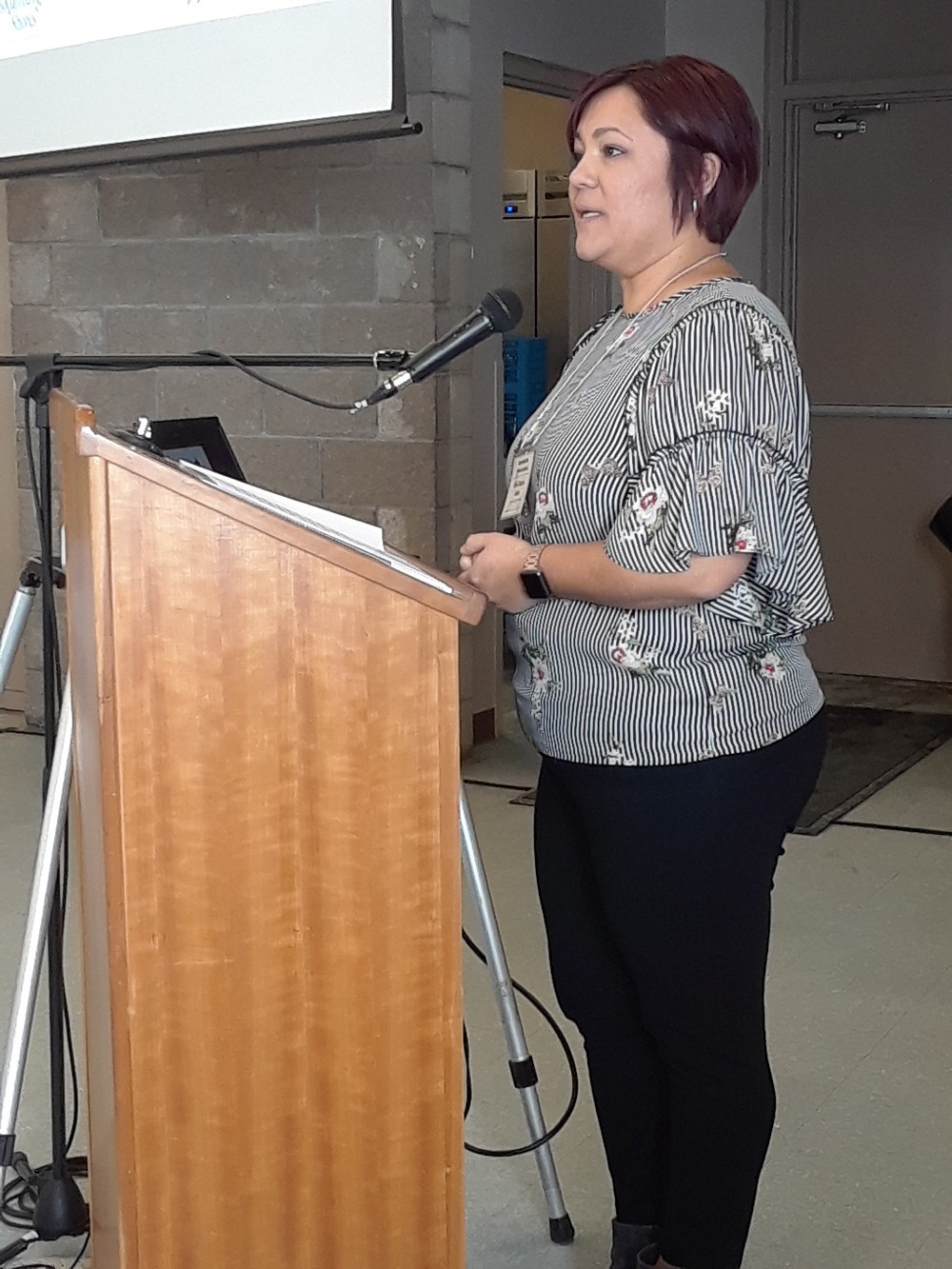 |
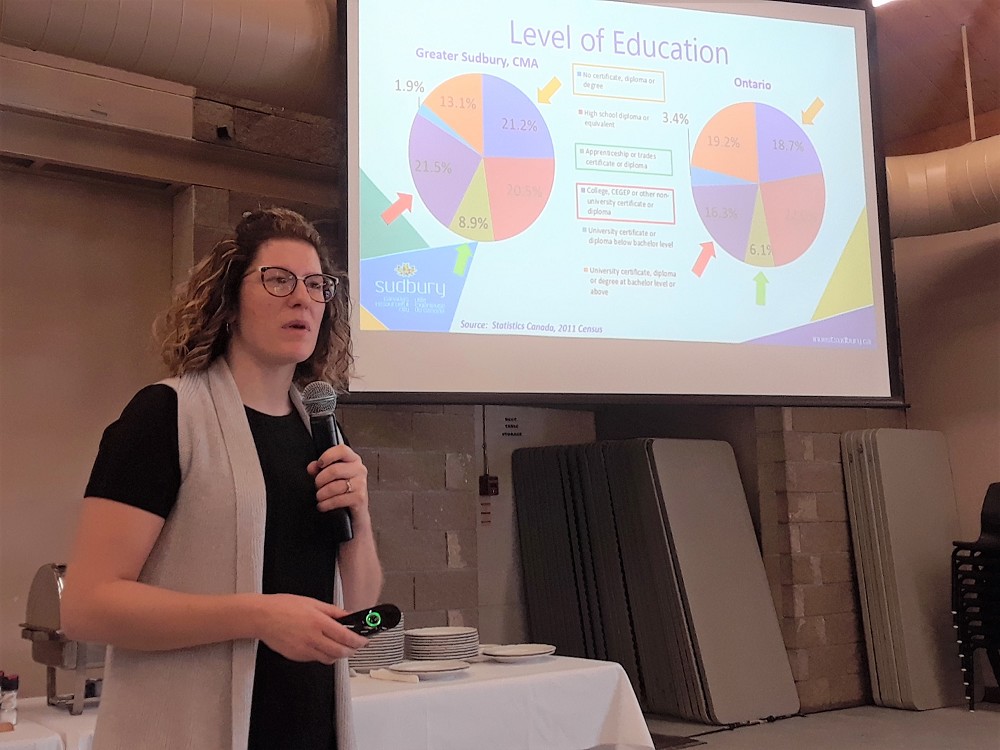 |
| Magnetic North 2023 | Magnetic North 2022 | Magnetic North 2021 | Come North 2020 (NE) | Come North 2020 (NW) |
Magnetic North 2025 Sponsors
 |
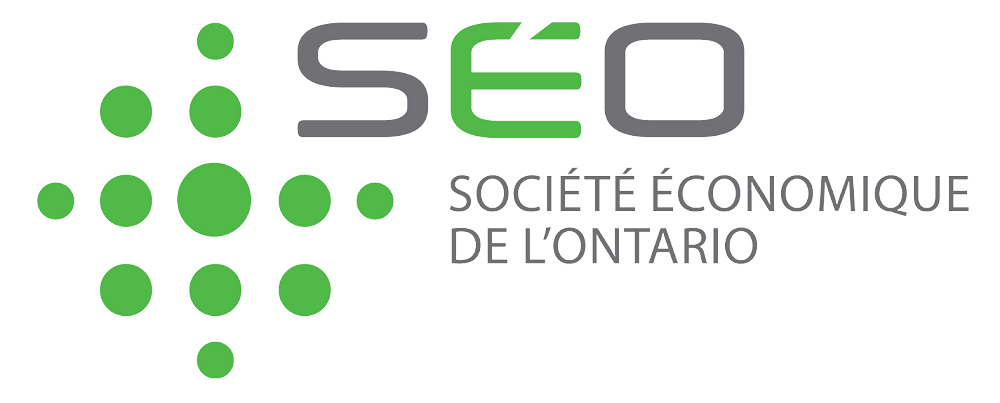 |
|||
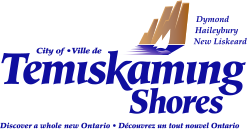 |
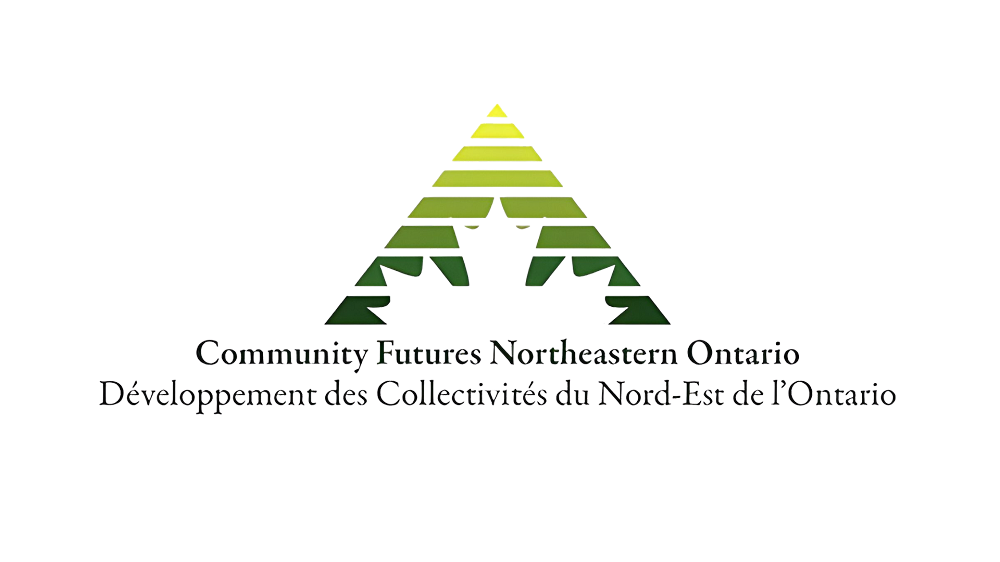 |
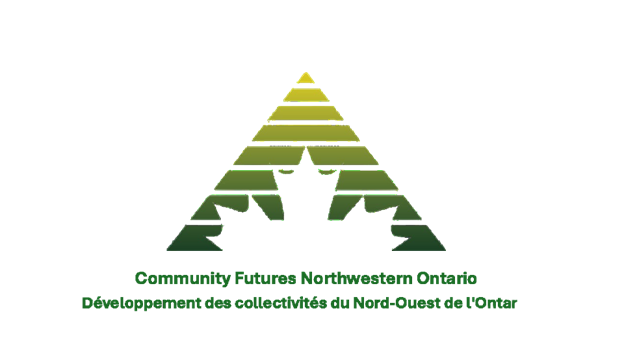 |
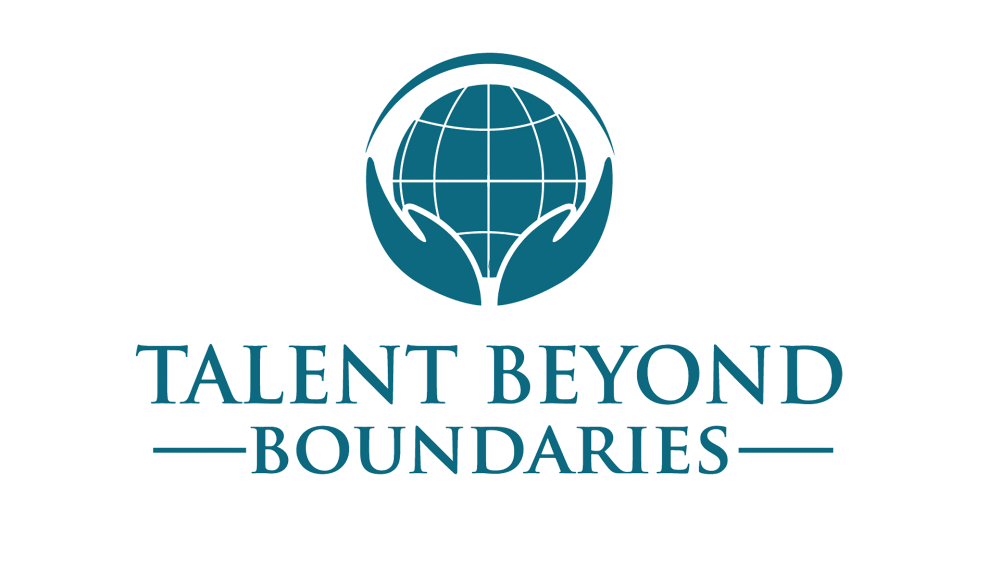 |
|
|
|
|
|
|
|

